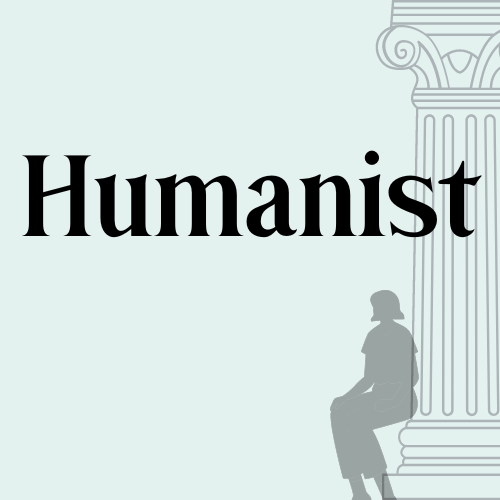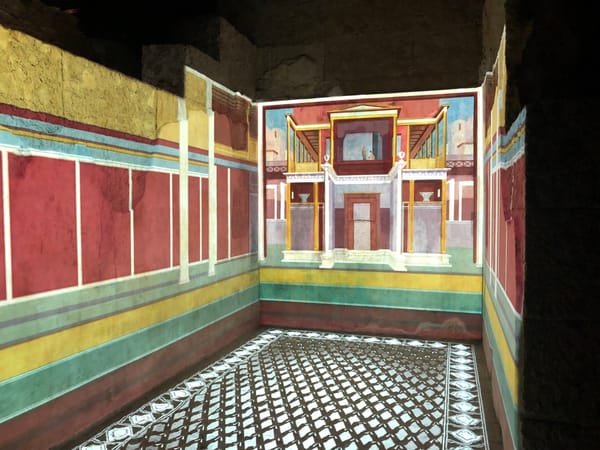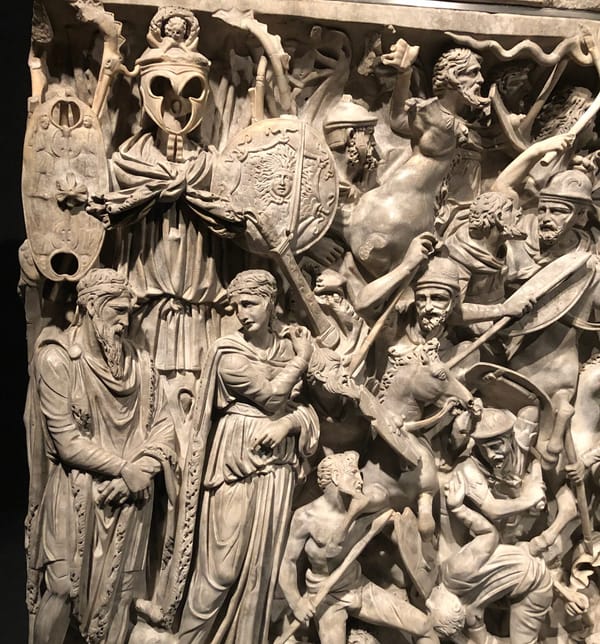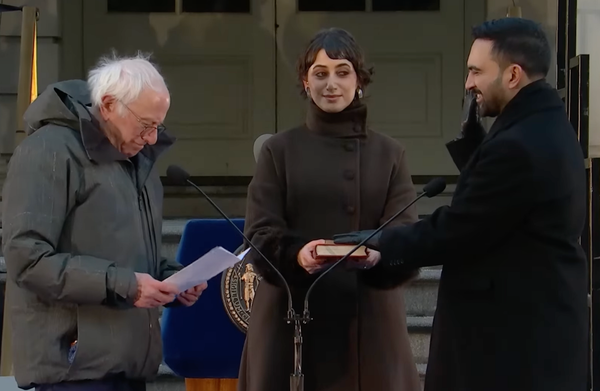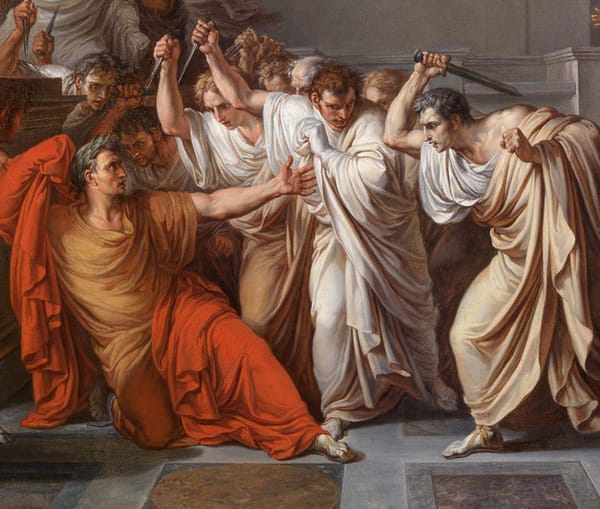Civic Engagement Beyond the Ballot

A lot is going to change, both in politics and in higher education, in 2021. At The Citizens Campaign, we have undertaken a groundbreaking new initiative to meet the fierce urgency of 21st century crises, by giving citizens — especially people of color and economically disadvantaged urban communities — the tools they need to get practical solutions adopted. We’re taking our teaching tools, developed in collaboration with Penn’s Graduate School of Education, and creating an online course in Leadership and Practical Problem Solving.

In fact, this course is what brought me to The Citizens Campaign. I taught for six years in higher education on classical literature, Greek and Roman history, and ethics. Even though my academic work deals with the distant past, I was always most passionate about finding ways to use classics to help students understand their own lived experience in the present, and to feel more empowered in navigating the world around them. Whether I was teaching Latin grammar or current political controversies, I saw the same problem: many of my students seemed to think that there must be a sort of special person who could simply read Latin or understand politics without trying, and that they just weren’t that sort of person. That’s a misconception which deters people from pursuing knowledge and competency. It’s upsetting to me that this deterrent effect exists, but the worst part is that it falls most heavily on those who are disempowered to begin with, particularly students of color and students who don’t come from wealthy families. Classics is a less diverse field and therefore a less robust field as a result of this deterrent effect, and the same is true in politics — fewer minds and fewer perspectives at work means fewer fresh ideas. I’m excited to be creating a course that is available to all students, empowering them to translate their experiences, their passions, and their frustration with politics into constructive engagement.
